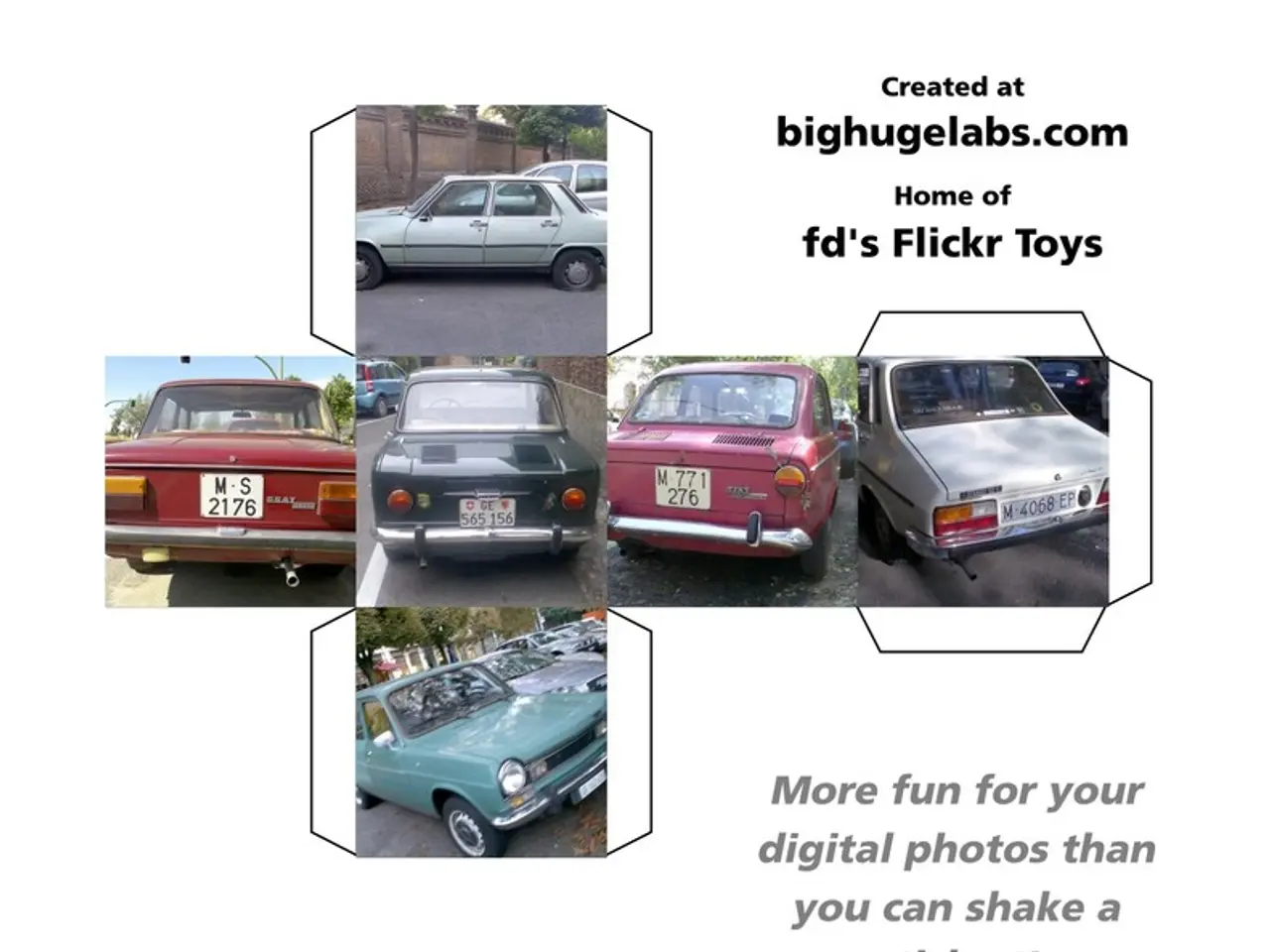Rising interest in Electric Vehicles could potentially face a halt due to financial issues, according to a study by PwC.
Interest in electric vehicles (EVs) is high in the Netherlands, a country known for its advanced charging infrastructure and eco-conscious consumers. According to a recent PwC study, the Netherlands ranks as one of the most "eReady" countries globally, meaning it has the infrastructure, supply, and demand to support an electric vehicle market.
However, cost remains a key concern for potential EV buyers. Nearly two-thirds of Dutch consumers cited cost as a key reason for investing in home charging infrastructure, and over half of consumers expect to pay under €40,000 for a new EV, revealing a clear preference for affordability. This aligns with findings from a broader survey across Europe, the Middle East, and Africa, where 75% of consumers cited price as their top consideration.
The focus may need to shift towards industry innovations that make EVs more affordable and convenient for the average consumer. The reduction of government incentives in countries like the Netherlands could slow EV adoption, as subsidies will end in 2025 and tax breaks will be phased out by 2026. Without financial support, the interest in EVs among Dutch consumers may not be enough to spark the shift policymakers and industry leaders hope to see.
Bart van Osch, Senior Director at PwC Netherlands, suggests that the reduction in incentives might slow EV adoption in the country. He emphasises the need for balanced policies that keep the EV market growing in a cost-conscious market. The Dutch government may need to consider indirect ways to support the EV market, such as investing in charging infrastructure or encouraging automakers to develop more affordable models.
Despite the cost concerns, current EV owners in the Netherlands are mostly happy with their vehicles, with 93% expressing satisfaction in the survey. However, nearly a third of current EV owners say they would consider going back to a traditional gas-powered vehicle due to higher-than-expected costs and limited range, especially for long-distance travel.
The Dutch government plans to support the electric vehicle market primarily through indirect measures such as incentives, infrastructure development, and regulatory frameworks, involving ministries like the Ministry of Infrastructure and Water Management and environmental agencies; organizations including knowledge institutes and industry groups are also expected to contribute to the development of these measures in the coming years. The study highlights the need for these balanced policies to keep the EV market growing in the Netherlands.
Read also:
- Understanding Hemorrhagic Gastroenteritis: Key Facts
- Stopping Osteoporosis Treatment: Timeline Considerations
- Trump's Policies: Tariffs, AI, Surveillance, and Possible Martial Law
- Expanded Community Health Involvement by CK Birla Hospitals, Jaipur, Maintained Through Consistent Outreach Programs Across Rajasthan







